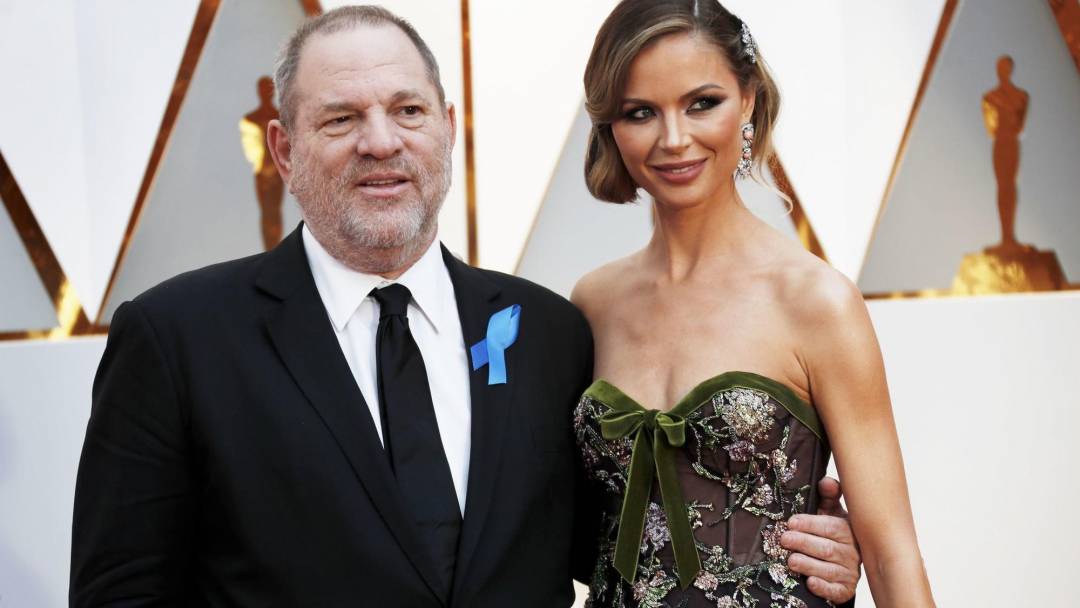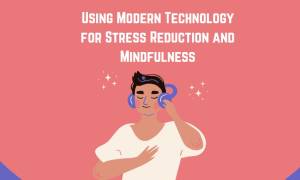In light of the shocking sexual harassment and rape accusations (which seem to be quite founded) against executive film producer, Harvey Weinstein, a flood of brave women have emerged calling him out for decades of atrocities.
There’s no doubt you have heard of the Twitter #Metoo campaign where women all over the world have spoken up about their experiences with workplace harassment. In fact, you probably know many of these women, and perhaps you are one yourself.
Watching the Twitter feed, it’s shocking how many women experience sexual harassment. However, what’s even more staggering is why they are only now speaking up. In these modern times when women are at the most gender-equal point in history—we’ve had a female presidential candidate for goodness sakes—how is it that women are still being harassed at such regular intervals. And why do they feel like they can’t speak up?
A Task Force Study of Harassment in the Workplace prepared by the U.S. Equal Employment Opportunity Commission cited a 2003 study in which 75% of employees that reported harassment ended up facing “some form of retaliation.”
The report also says that the common assumption is that those who are harassed are seeking “legal relief” (compensation), however, that is untrue. In fact, the report declares that the number of victims who say nothing is “striking.”
The EEOC discovered that 33%-75% deal with harassment by trying to avoid the harasser. 54%-73% try to “downplay the gravity of the situation.” And finally, 44%-70% try to endure the harassment.
The word in that article that is the most chilling is “endure.” Why should any woman have to “endure” what are essentially sexual crimes on a daily basis? Women only want the same workplace treatment granted to a man: to work hard under management that exhibits fair treatment.
In reference to the statistic that 75% received retaliation after reporting, it raises the question: What sort of retaliation?
Well, in the case of the Weinstein victims, the film executive would threaten the actresses’ careers. He also told them he would spread negative rumors that would hurt their image as well as blacklist them with directors.
This brings up another aspect of harassment: power imbalance. Harvey Weinstein is a giant in Hollywood. His films have been awarded over 300 Oscars. He is also an influential man in Washington because of his high-yielding fundraisers for Democratic candidates including Barack Obama and Hilary Clinton. So yeah, compare that to a struggling, unknown actress trying to squeak into the business and it’s easy to see why she wouldn’t speak out. It’s a modern-day David vs. Goliath.
This imbalance of power can be seen in any workplace environment—from finance to sports, and even within blue-collar labor intensive workplaces (an easily replaceable cleaning lady versus her manager). It’s within these power imbalance situations that perhaps management needs to direct their harassment programs and dialogue.
Bottom line, if 3 out of 4 women are afraid to report harassment then this is something that must be addressed in every professional environment. Why should anyone have to wait for the number of victims to add up and come forward for this issue to be addressed?
Please Share With Your Friends and Family!
Note: Peace Quarters is an open platform for contributors to share their thoughts, experiences, and wisdom. If you’d wish to contribute sign up to our expert’s program here!
About The Author: Alexa Opal Hamilton is the author of three books and her genres range from dystopian Sci-fi to Romance. She is also a comedy writer who has written sitcom spec scripts, along with hilariously animated blogs and comic strips. Born and raised in west Texas, Alexa now travels all over North America (usually moving twice a year) with her hockey-player husband and two children. When she’s not writing, Alexa enjoys reading, running and spending time with her family.














